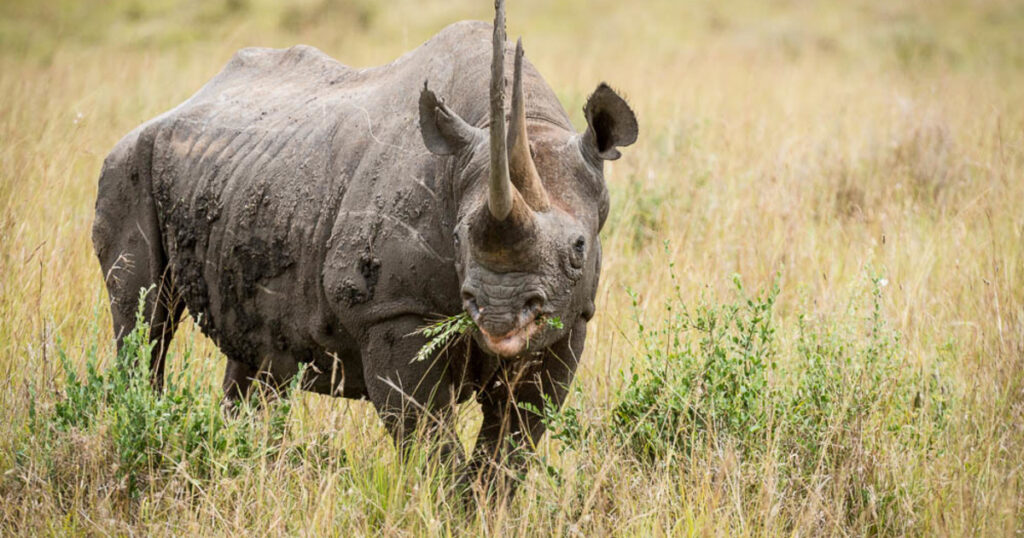
During the first six months of the year, the number of rhinos killed for their horns in South Africa decreased, thanks to increased efforts by authorities to combat poaching of these endangered animals.
For decades, South Africa, along with neighboring Namibia and Botswana, has faced challenges in controlling the poaching of rhinos, as their horns are highly valued for jewelry and traditional medicine in certain East Asian countries.
South Africa’s environment ministry reported that between January 1 and June 30, 231 rhinos were killed in the country for their horns, which are primarily composed of keratin—a protein also found in human hair and fingernails.
This figure is 28 fewer compared to the same period last year.
The ministry stated that collaborative efforts involving law enforcement agencies, customs officials, and private security had resulted in the successful conviction of poachers. However, due to the ongoing demand for rhino horns, the threat to the rhino population remains persistent.
Rhino poaching frequently involves international criminal syndicates that collaborate with local poachers.
Last year, intensified surveillance and de-horning programs in the renowned Kruger National Park compelled poachers to shift their focus to provincial parks and private reserves.
The ministry reported that the trend has persisted in 2023, with 143 rhinos killed in the KwaZulu-Natal province and 46 in private reserves.
The government announced the establishment of tactical centers and an increase in services provided to rangers, including healthcare, training, and counseling, to deter them from colluding with criminal gangs.
South Africa houses almost half of the critically-endangered black rhino population on the African continent and holds the world’s largest population of near-threatened white rhinos.
